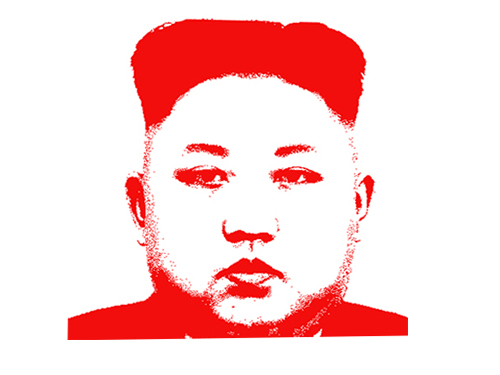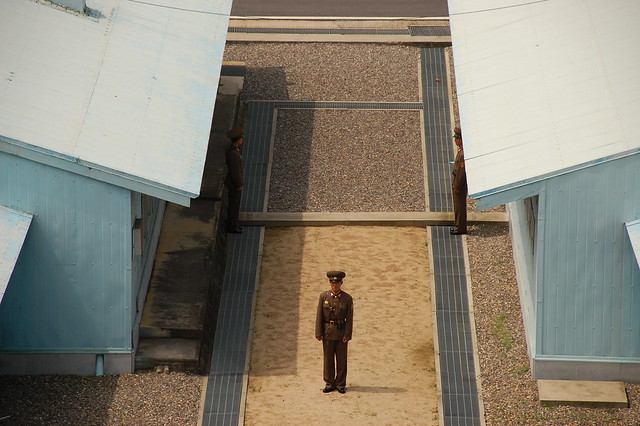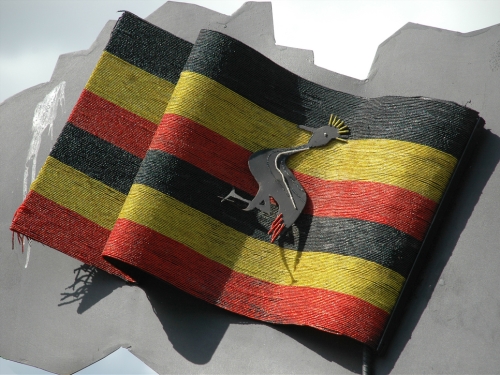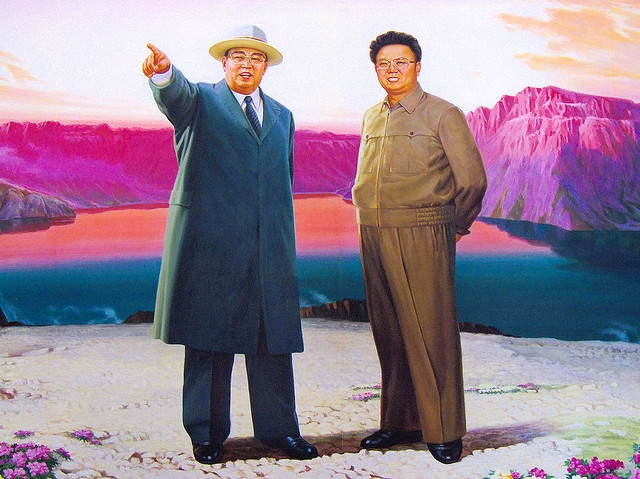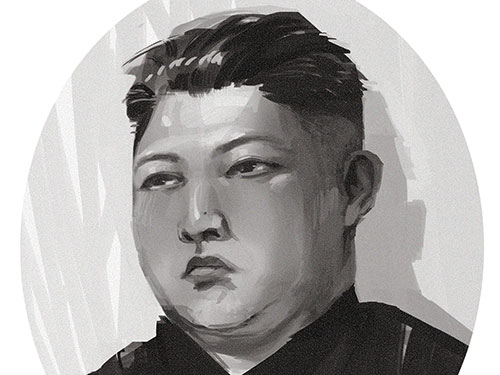
This article was originally published by NK News on 27 September, 2015. Republished with permission.
A survey of North Korean refugees attracted some attention several weeks ago. According to the survey, a full 63 percent of recently arrived refugees believed that Kim Jong Un enjoys support amongst a majority of the North Korean public.
Such findings are not all that surprising for people who interact with North Koreans frequently enough. Indeed, while the protruding belly, plump cheeks and rather bizarre haircut present a somewhat comical picture to Western audiences, a significant number of North Koreans feel much hope about the third incarnation of Kimhood, finding the young leader attractive and somewhat charismatic.

